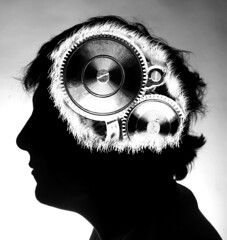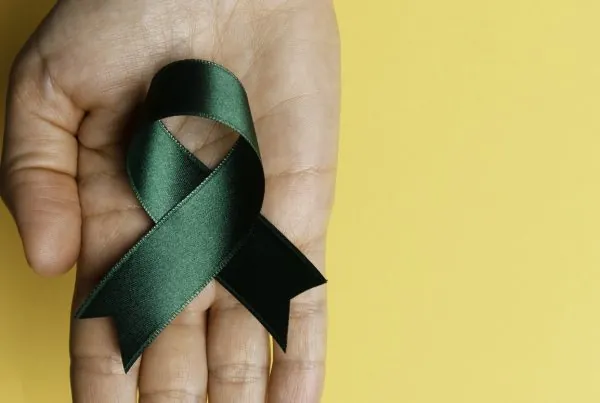Guest blog by Recovery Rob from the Pat Moore Foundation
The combination of substance abuse and forms of mental illness are common. In fact, it’s what most clinicians, therapist, and counselors often expect to find when one diagnosis is confirmed. According to the NAMI (National Association on Mental Illness) more than
half of all adolescents with substance abuse issues also have a diagnosable mental illness. These diagnosable mental illnesses consist of ADHD (Attention Deficit Hyperactivity Disorder), Depression, and Bipolar Disorder. Unfortunately, history has not shown treatment for both at the same time. Typically a teenager who is in treatment for substance abuse is not referred out to a qualified mental health professional to discover a source of their drug and alcohol abuse. Self-medicating with alcohol and illegal drugs is prevalent when there is a mental health issue.
Over the years, the psychiatric and drug counseling communities have begun working together, agreeing that both of these disorders must be treated at the same time. Often with one diagnosis you have the other. With a dual diagnosis it’s been found that suicide attempts and psychotic episodes decrease rather quickly. Treatments consist primarily, but not exclusively to 12-Step programs. However, special peer groups that focus on treating both the illness and substance abuse are found to strengthen social networks.
Adolescents often seek acceptance, and support each other as they learn the role alcohol and drugs have taken in their lives so far. Learning, and in some cases re-learning, social skills will help replace self-medication with patterns of healthful and helpful behaviors.
In order to discover the presence of a confirmable dual diagnosis, one must seek a professional assessment from a psychologist or psychiatrist. Once the dual diagnosis has been established confirmed, then family members and mental health professionals are urged to work together to seek a strategy that works best for the adolescent.
Here are five tips on what to do if your adolescent has a substance abuse disorder.
- Your teen is NOT a disgrace to the family.
- Establish consequences for behaviors, and don’t be afraid to call upon law enforcement if your child is drinking on your property.
- Don’t threaten unless you plan to follow through. Typically a parent surrenders and their addicted child learns their parent doesn’t mean what they say.
- Try not to nag or lecture.
- And, if your teenager is seeking and working at his or her recovery you should offer support, love and encouragement.
BIO:
Recovery Rob is a 47-year-old man who has more than nineteen years of sobriety, whose drugs of choice at one time were alcohol and drugs, and he has worked in and around the field of addiction for more than 20 years. Recovery Rob is a professional writer who has published two novels and is currently working on his third. He has been writing and working as Pat Moore Foundation’s premiere blogger and content writer, which helps keeps Pat Moore Foundation’s addiction and recovery blog top-rated.
You can also follow Recovery Rob on Twitter!
Related articles
- Adolescent Treatment: Mind and Body As One (visionsteen.com)








